Ah, yes. The question every vegan is asked on a regular basis. Once you switch to a plant-based diet, suddently everyone is an expert on nutrition. Why is my protein intake a concern to these people anyway?
From what I’ve learned, people don’t like change. They fight it. Even if the change is not their own. So, when I switched to a vegan diet almost a year ago, I wasn’t that shocked when I first got asked the question “where do you get your protein?“, because I was prepared. I knew people would ask questions.
Contrary to what my friends & family thought, I actually did a lot of research before switching to a new way of eating.
Although this did happen pretty much overnight (it was the minute after Vegucated was over), I did my homework. I made sure that eating a vegan diet was healthy, I made sure that it was possible to get all of the vitamins that I needed, and I made sure that I was doing it for all the right reasons.
I didn’t switch to a plant-based diet solely because I love animals (although that was a big part of it), I did so mostly because it is simply better for you. Plants are better for you than animal products. It’s true.
So now, because I’d like to have a resource to send to those ignorant people that ask my where my protein intake comes from, here is a list of protein sources for vegans.
- Tempeh (19g in just under 1/2 cup)
- Lentils (9g in just under 1/2 cup)
- Tofu (8g in just under 1/2 cup)
- Peanut Butter (8g in 2 tbsp)
- Quinoa (14g in just under 1/2 cup)
- Soy Milk (3.3g in just under 1/2 cup)
- Pumpkin Seeds (19g in 100g)
- Roasted Almonds (21g in just under 1/2 cup)
- Pine Nuts (14g in 100g)
- Peanuts (26g in just under 1/2 cup)
- Brown Rice (2.6g in just under 1/2 cup)
- Corn (9g in just under 1/2 cup)
- Pistachios (20g in 100g)
- Sunflower Seeds (21g in 100g)
- Cashews (18g in just under 1/2 cup)
- Flax Seeds (18g in 100g)
- Sun-dried tomatoes (14g in 100g)
- Seitan (75g in just under 1/2 cup)
- Avocado (2g in 100g)
- Black Beans (22g in just under 1/2 cup)
- Chia Seeds (17g in 100g)
- Barley (12g in just under 1/2 cup)
- Kidney Beans (9g in just under 1/2 cup)
- Edemame, Cooked (11g in just under 1/2 cup)
- Blackeyed Peas (3g in just under 1/2 cup)
- Navy Beans (8g in just under 1/2 cup)
- Peas (5g in just under 1/2 cup)
- Lima Beans, Boiled (8g in just under 1/2 cup)
- Spinach (2.9g in just under 1/2 cup)
- Broccoli (2.8g in just under 1/2 cup)
- Asparagus (2.2g in just under 1/2 cup)
- Potatoes(2g in just under 1/2 cup)
- Brussels Sprouts (3.4g in just under 1/2 cup)
- Oats (17g in just under 1/2 cup)
- Kale (4.3g in just under 1/2 cup)
- Chickpeas/Garbanzo Beans (19g in just under 1/2 cup)
- Walnuts (15g in just under 1/2 cup)
- Sprouted Grain Bagels, Buns, etc. (varies)
- Whole Wheat Pasta (varies)
- Buckwheat (13g in just under 1/2 cup)
- Couscous (3,8g in just under 1/2 cup)
- Bulgur (12g in just under 1/2 cup)
- Millet (2.8g in just under 1/2 cup)
- Whole Wheat Bread (13g in 100g)
How much protein do vegans need?
According to PETA:
Nutrition experts estimate that most of us need between 0.8 and 1 gram of protein per day for every kilogram of body weight. That works out to 55 grams of protein per day for someone who weighs 150 pounds or approximately 10 percent of normal caloric intake (people in endurance training and pregnant women might require a bit more, of course).
If a vegan eats a reasonably varied diet and consumes a sufficient amount of calories, he or she will undoubtedly get enough protein. And, unlike animal protein, plant-based protein sources contain healthy fiber and complex carbohydrates.
I recently tracked just how much protein I was getting in a day (over the course of 1 week) and it was over 70g a day on average, which is way more than I was getting as a non-vegan, I’m sure (I wasn’t eating many healthy foods back then)!
So – there. I get enough protein, okay? Thanks for asking. Now please don’t ask me again.

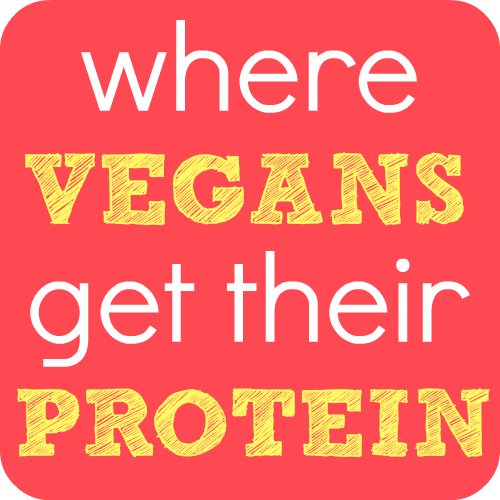
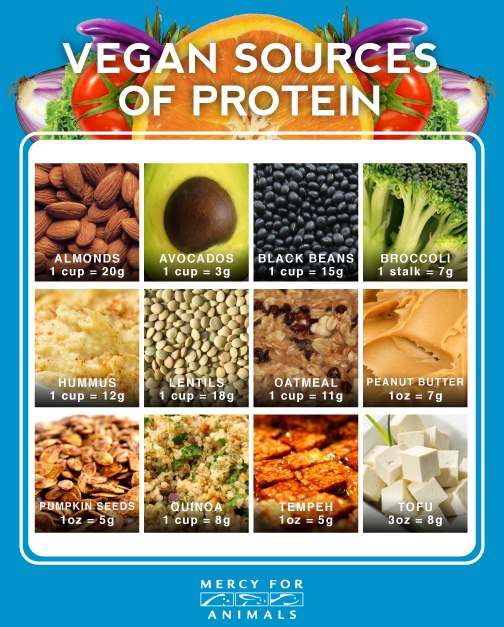

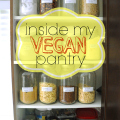
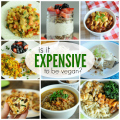
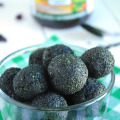
Leave a Reply